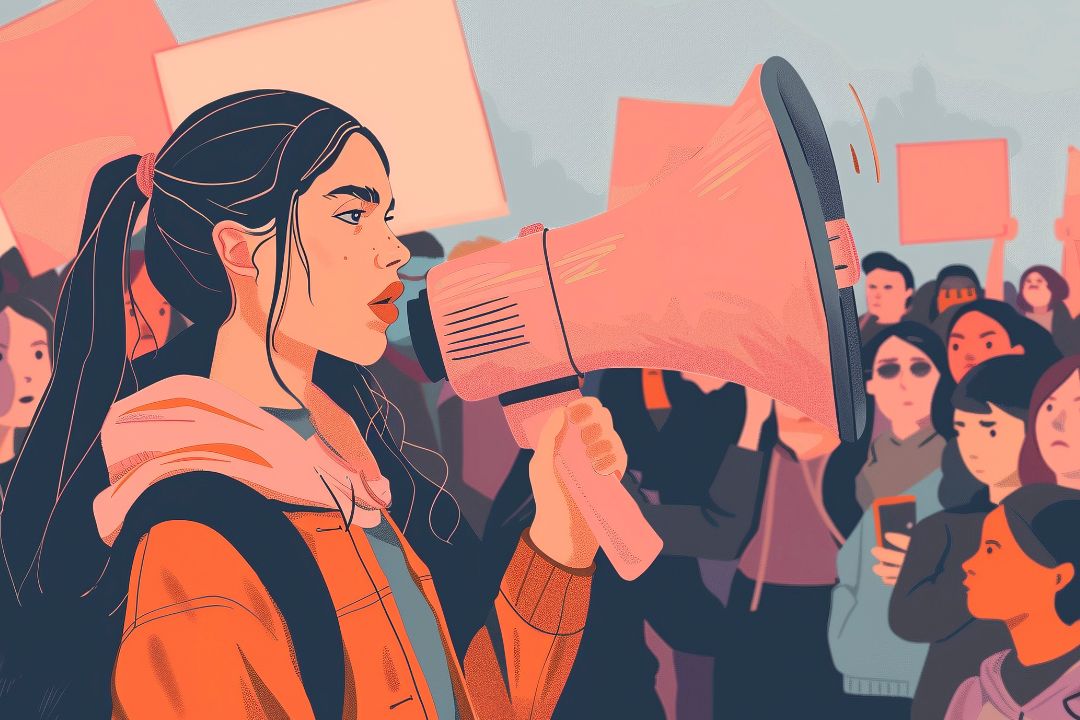The World Economic Forum has highlighted the importance of the 2024 election year as an opportunity to address global gender inequality. Although there has been some progress in narrowing the gender gap over the past year, the rate of change has slowed down. It is now projected to take 134 years or five generations to achieve gender parity worldwide.
The NGO mentioned that this year’s major election cycle could help close that gap by increasing the number of women in politics.
Saadia Zahidi, managing director at WEF, told CNBC’s “Squawk Box,” “When so many people are going to polls around the world, and there’s so much change in political systems, there’s an opportunity here to leap forward.”
In a press release, Zahidi added, “We cannot wait until 2158 for parity: the time for decisive action is now.”
The Global Gender Gap Report by the World Economic Forum, now in its 18th year, is an annual index that aims to measure gender equality. It assesses gender-based disparities in four key areas: economic participation and opportunity, educational attainment, health and survival, and political empowerment. Speaking about the report, Zahidi mentioned that, much like many industries, there exists a vertical gap in political leadership levels.
In a separate report by the WEF, it was found that women held approximately 27% of parliamentary seats and 23% of ministerial positions last year. They also made up less than 10% of the world’s heads of state. According to WEF data, women held around 25% of C-suite positions. With over 60 national elections scheduled for 2024 and the largest global population in history set to vote, there is potential for improvement in women’s political representation and the overall gender gap.
For the 15th year in a row, Iceland has been ranked as the most gender-equal country in the world. It is the only country to have closed 93.5% of its gender gap. Following Iceland in the rankings are Finland, Norway, New Zealand, Sweden, Nicaragua, Germany, Namibia, Ireland, and Spain. While no country has fully bridged the gender gap, the top ten countries have managed to close at least 80% of it. Eastern Asia and the Pacific score 69.2%, just ahead of Central Asia’s 69.1%. Sub-Saharan Africa comes in at 68.4%, with Southern Asia at 63.7%. The Middle East and North Africa sit at the bottom with 61.7%.









